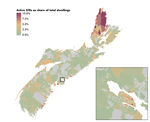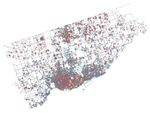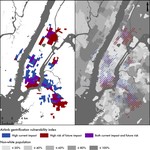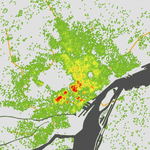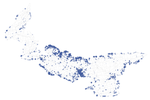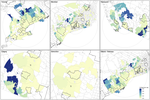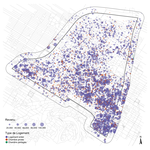Cities, short-term rentals, and the sharing economy
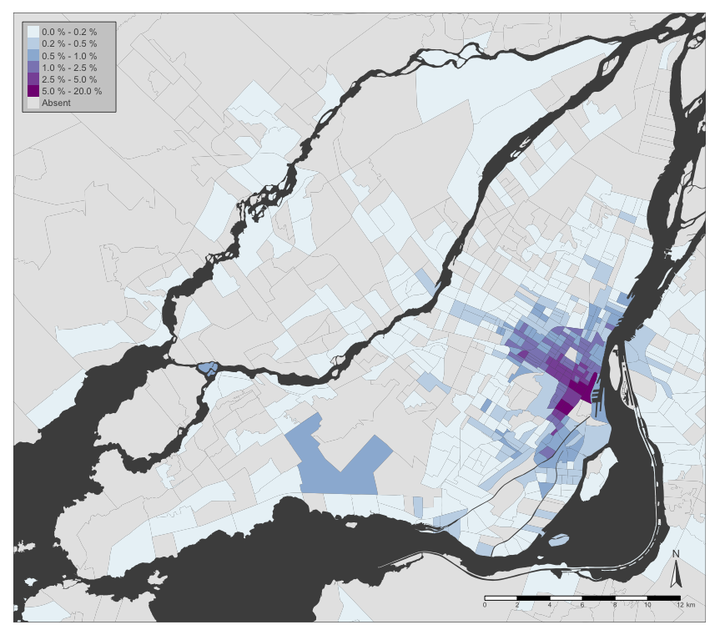
In cities across Canada and across the world, “home sharing” services such as Airbnb have rapidly emerged as a technological disruption, an economic opportunity, and a governance challenge. Short- term rentals (STRs) introduce new leisure opportunities for tourists, but they also reduce housing supply and impose negative externalities such as noise, garbage and crime on residential neighbourhoods. And while there is a growing literature on home sharing from tourism and business perspectives, we know relatively little about the impacts of STRs on the economics, governance, and social life of housing.
Building on a successful two-year pilot, this project will expand the frontiers of scholarship on cities and the sharing economy along the following three research axes: 1) HOUSING IMPACTS: What impact have STRs had on housing availability, affordability, and quality of life in cities around the world? Applying new spatial analysis and big-data computational methods to a unique dataset of all worldwide Airbnb and HomeAway activity each day over a five-year period, the research project will provide the first systematic and comparative evaluation of the housing-market impacts of home sharing. 2) SOCIAL DYNAMICS: How is the platform economy changing social and economic relationships between inhabitants, housing, and urban space? By integrating qualitative research from surveys, interviews and participant observation with quantitative data, the project will provide crucial insights into how the sharing economy is changing the social life of cities. 3) POLICY OPTIONS: Cities and higher-level governments across Canada and the rest of the world are seeking to develop home-sharing regulatory frameworks, but there is almost no rigorous evidence about what these frameworks should prioritize. What policy options are available to local and national governments seeking to regulate STRs in the public interest?
The project will address these questions through a combination of quantitative and qualitative methodologies: 1) Extending and deepening spatial analysis: Building on the research team’s pioneering work to develop spatial-big-data methodologies for analyzing STRs, the project will extend the scope and sophistication of STR analysis by applying cutting-edge machine learning, computational geographic information system, and natural language processing techniques to a web-scraping dataset of all daily Airbnb and HomeAway reservations and guest reviews worldwide over five years (approximately 10 billion data points). This spatial-big-data analysis will provide a more comprehensive picture of the short-term rental market than has previously been possible, will enable precise neighbourhood-scale comparisons within and between cities, and will uncover new evidence about the the impact of local regulations and the economic distribution of benefits and harms in the sharing economy. 2) Connecting quantitative data with new qualitative research: The team will conduct systematic online surveys of STR hosts to deepen and contextualize the findings from the quantitative dataset, and will conduct key-informant interviews with housing market actors, including professional landlords, part-time STR hosts, guests, civil society actors, and policymakers.
Results will be disseminated in journal articles, a book, an international symposium, public reports, an interactive website, open-source code, and briefings with policymakers and reporters. The research is intended to initiate a ripple effect in the public social science of cities and urban innovation, opening new frontiers of research and policy. This project will develop principles for the inclusive governance of the sharing economy to guide policymakers, communities and scholars around the world.




